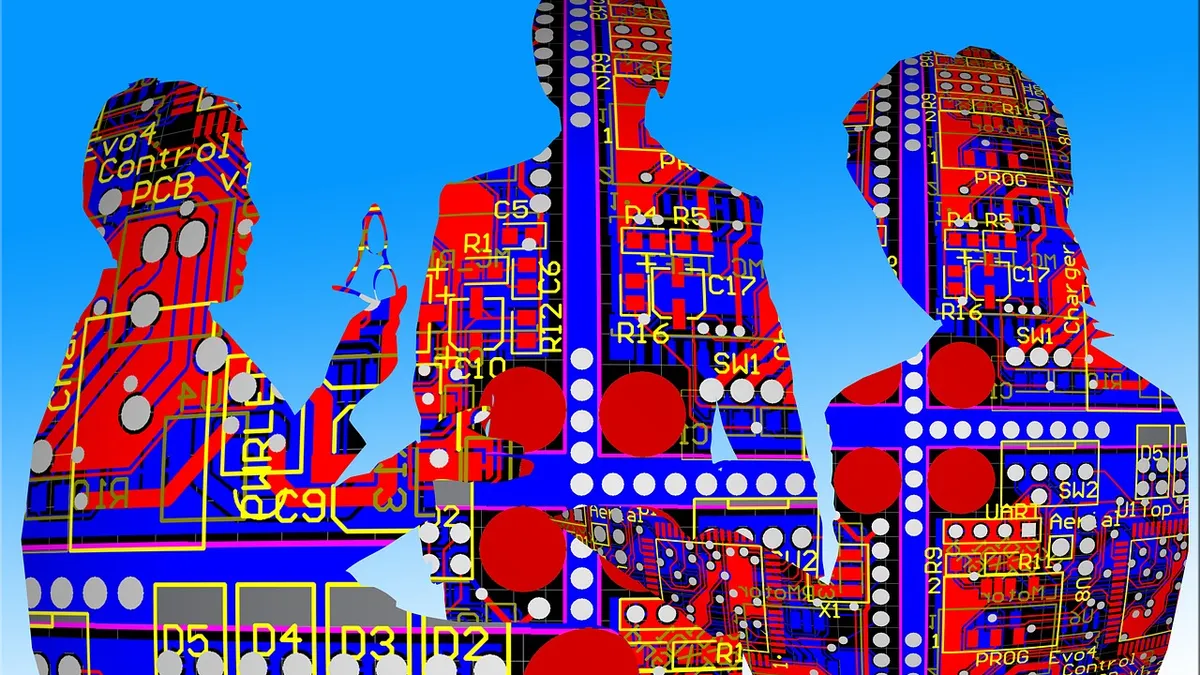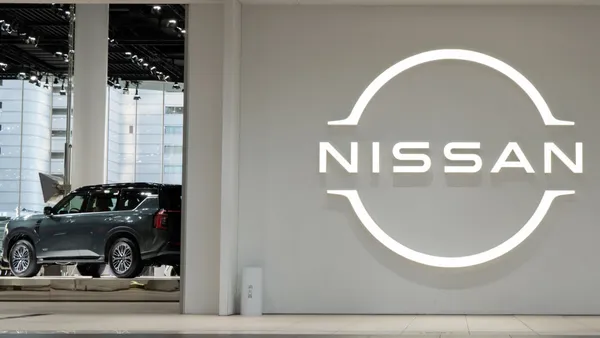Dive Brief:
-
Most companies that have implemented artificial intelligence believe it has improved customers’ experiences, with roughly three-quarters reporting a 10% sales increase, according to a survey of almost 1,000 respondents from Capgemini’s Digital Transformation Institute. Around 60% of companies also reported increased customer satisfaction, reduced customer churn and improved customer intimacy.
-
AI has also had positive effects on jobs. More than 80% of companies say the tech created new jobs, and two-thirds of created jobs are at a managerial position or higher. More than 60% of companies report AI has not caused job cuts, and just under three-quarters have offered training for employees to take advantage of the new tech.
-
The study also found many companies are not matching AI technology to business needs. Just under 60% of business organizations forgo "low hanging fruit" applications — those that are highly beneficial and simpler to implement — in favor of incredibly complex projects which, while also beneficial, are more taxing for the company to put in place.
Dive Insight:
It is generally easier to see how an AI system will affect business technology compared to how it will affect the people behind the business. While AI is certainly increasing its foothold in the enterprise, uncertainty and fears toward the technology persist.
An estimated 40% of the U.S. population and 25% of millennials fear losing their job to robots, a technology closely interwoven with AI. Yet studies have shown fewer than 5% of jobs are expected to be replaced by automation.
In the trade-off between jobs created versus jobs lost to new technologies, the latter is typically the point of focus. Yet new technologies are capable of expanding the job market with positions related to their maintenance, development and operations.
Amazon offers a unique large-scale case study of successful technology implementation. After integrating robots into the company’s warehouse operations, Amazon moved displaced workers into new roles and retrained many employees to oversee the machines, The New York Times reports.
Capgemini’s findings on AI’s benefits to employees and customers makes a compelling case for the the technology’s future in business models. The transition to becoming an AI pioneer may not be completely smooth, but evidence overwhelmingly points to the technology’s role as a boon for organizations.
There currently exists a significant disparity between companies who believe in the benefits of AI and companies who have actually implemented the technology or put a strategy in place. As tech leadership gets on board and finds the "low hanging fruit" AI applications for their organizations and, ideally, reap the benefits from it, the move to more complex applications can also expand.













